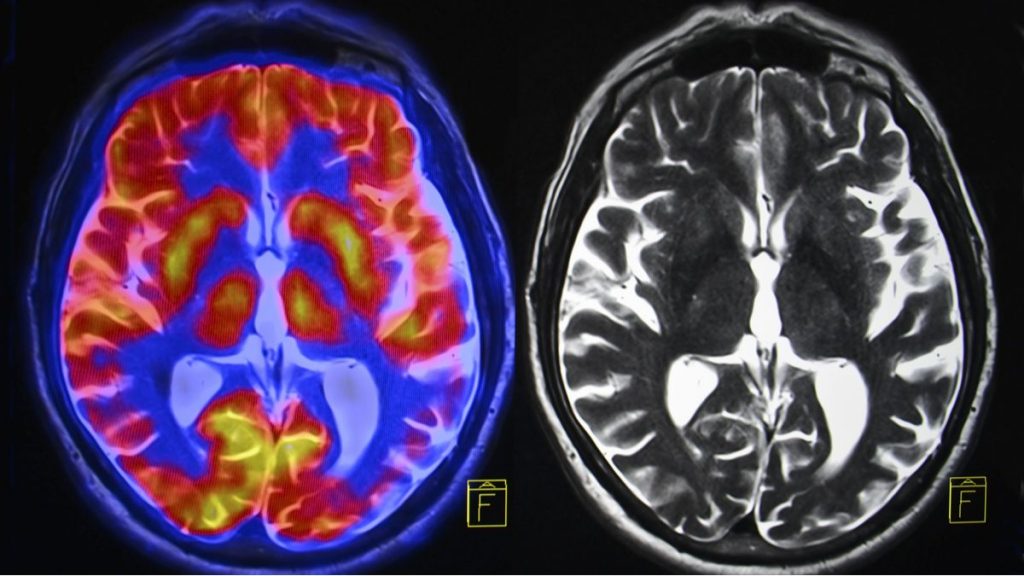A meta-analysis recently highlighted a wide range of brain abnormalities in patients with Covid-19, and found that around a third of these were localized to the frontal lobe.
Numerous neurological effects
While a sudden loss of smell and taste was among the first unusual symptoms reported for patients with Covid-19, Stroke, seizures and swelling of the brain (encephalitis) have also been described, as have cases of confusion, delirium, dizziness or disturbance in attention. For several months now, doctors have been trying to understand this disease and its many manifestations that seem to affect the brain in ways that we cannot fully explain.
As part of the work presented in the journal Seizure: European Journal of Epilepsy, two neurologists performed a meta-analysis of the available data in order to gain a better insight into how the Covid-19 disrupts the brain’s normal functioning patterns, which can be measured with a electroencephalogram (EEG).
From 84 studies, the data related to the brain activity of 620 patients who contracted the virus. The majority of them were male and the median age was 61 years old. Among the 420 patients for whom the reasons for the request forEEG were specified, the most frequent reason was an altered mental state. Two-thirds of them had suffered from delirium, coma or confusion, 30% from an epileptic fit, while a handful had experienced speech problems or suffered cardiac arrest.

One third of brain abnormalities located in the frontal lobe
The EEG of patients showed a variety of abnormalities in brain activity, including abnormal rhythm patterns and epileptic-like spikes in activity. The most commonly observed abnormality is an overall slowing of brain waves, indicating general dysfunction. According to the researchers, the latter could be the result of generalized inflammation, induced by a stronger immune response of the body to the Covid, or related to reduced blood flow to the brain, due to reduced heart or lung function.
It turned out that a third of all abnormalities detected were located in the frontal lobe, part of the brain responsible for logical reasoning and decision-making, helping to regulate our emotions and also involved in learning. ” These results indicate that we need to use EEG for more patients, as well as other types of brain imaging, such as MRI or CT, which will allow us to examine the frontal lobe more closely. “, valued Zulfi Haneef, neurologist at Baylor College of Medicine, Houston and co-author of the study.
According to the study authors, a EEG could in the future make it possible to confirm a diagnosis Covid-19, detect certain complications and monitor their possible long-term impact on patients’ brain functions. Unfortunately, as things stand, the results do not give any indication of the frequency of occurrence of these disorders in the general population, since only patients with Covid-19 having undergone a test EEG were taken into account in the analysis.

“These results confirm that the coronavirus can seriously impact our neurological health”
” More research is needed, but these findings confirm that the coronavirus can seriously impact our neurological health, and underscore the need to further explore these areas. », Note Haneef. ” EEG abnormalities affecting the frontal lobe appear to be common in Covid-19 encephalopathy, and have been described as a potential biomarker when recorded consistently. “
As the pandemic continues, neurologists believe we are just beginning to realize the lasting consequences of the disease, with cases of patients ” In the long term , Suffering from stubborn symptoms and an intense feeling of fatigue months after being diagnosed.
” Many people think they will catch the disease, get well and everything will be back to normal “, Advance Haneef. ” But these findings add to growing evidence that it can lead to long-term problems.. ”

